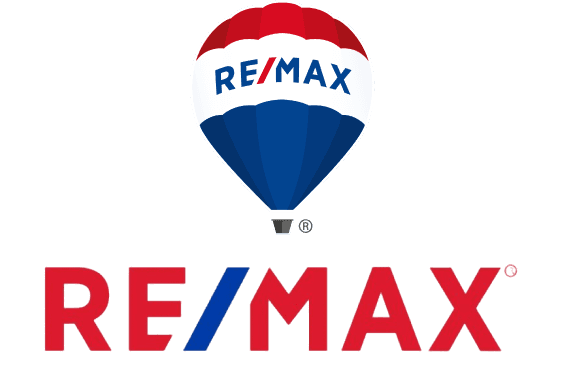Deciding what to do with your first home when you're ready to move can be challenging. While some may opt to sell and move on, others might consider converting their first home into a rental property. This decision involves weighing the benefits and drawbacks, particularly in the context of current economic and market conditions. As a realtor in BC, I aim to provide you with detailed insights to help you make an informed decision.
The Pros of Keeping Your First Home as a Rental Property
1. First Step Toward Real Estate Investing
Housing is a hot commodity in Canada, with a significant supply-and-demand imbalance. Owning a home provides an excellent opportunity to step into real estate investing. By renting out your first home while purchasing a second, you can start building wealth through property investments. This strategy allows you to generate rental income while benefiting from property appreciation over time.
2. Passive Income
While managing a rental property requires some effort, it can serve as a source of passive income. Monthly rental payments can supplement your regular income, helping you build wealth steadily. Although tasks like home repairs and property tax payments require attention, the overall effort is often outweighed by the financial benefits.
3. Tax Benefits
Using your home as a rental property can offer several tax advantages. You can deduct expenses such as mortgage interest, insurance, utility bills, maintenance, upgrades, and property management costs from your taxable income. If your rental expenses exceed your rental income, you can even offset these losses against other income sources, potentially reducing your overall tax bill.
The Cons of Keeping Your First Home as a Rental Property
1. Property Management Challenges
Being a landlord comes with its set of challenges. Issues like tenants not paying rent, being late with payments, or damaging the property can be stressful and costly. Legal fees and repair costs can eat into your rental income, affecting your cash flow. Effective property management requires time, effort, and sometimes additional financial resources.
2. Missing Out on Cash Injection
Selling your home can provide a significant cash injection, especially in markets like Toronto or Vancouver, where home prices are high. By choosing to rent instead of sell, you might miss out on immediate profits that could be used for other investments or expenses. The real estate market is unpredictable, and waiting to cash out could mean missing an opportunity to maximize your return.
3. Future Uncertainties
Renting out your home might not align with your long-term lifestyle or financial goals. If you decide later that being a landlord isn't for you, selling a property with tenants can be challenging. Potential issues include property damage by tenants or unfavorable market conditions at the time of sale.
Conclusion
Deciding whether to keep your first home as a rental property involves weighing the pros and cons based on your financial situation, market conditions, and personal preferences. Renting can offer passive income and tax benefits but also comes with management challenges and future uncertainties. Consulting with a real estate agent and financial advisor can help you make the best decision for your circumstances.
FAQs:
What are the benefits of keeping my first home as a rental property?
Benefits include generating passive income, tax deductions on expenses, and stepping into real estate investing.
What challenges might I face as a landlord?
Challenges include property management issues, such as dealing with non-paying tenants, legal fees, and repair costs.
How can renting out my first home affect my taxes? You can deduct expenses like mortgage interest, insurance, and maintenance costs from your taxable income, potentially reducing your tax bill.
Why might selling my first home be a better option? Selling can provide an immediate cash injection, which can be used for other investments or expenses, and avoids the challenges of being a landlord.
What should I consider before deciding to rent or sell my first home? Consider your financial goals, market conditions, property management capabilities, and long-term lifestyle preferences.


